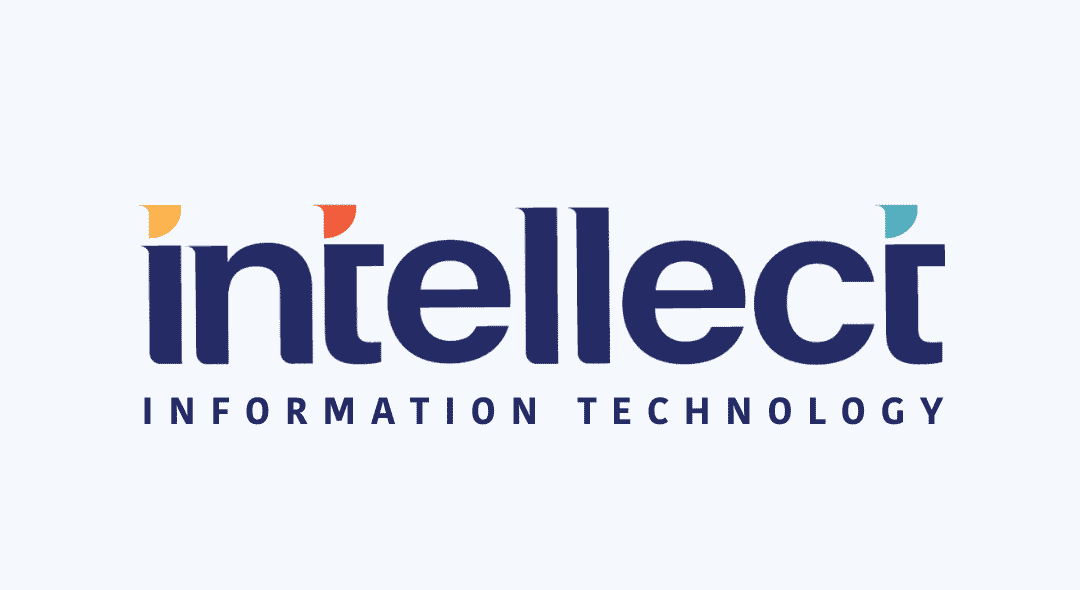The Pros and Cons of Next Gen Firewalls
Most companies considering improving their cybersecurity will run into next generation firewalls. This is usually the case for growing businesses with growing bandwidth demands, which their existing firewalls find hard to keep up with. Additionally, with a growing digital footprint, the need for improved cybersecurity also increases. With more users accessing the network, more customer data being uploaded onto the cloud and more websites and apps being visited, the need for upgrading to a next generation firewall becomes apparent. Any computer that connects to an internet connection is vulnerable to attacks.
If you’re in the same position, and are wondering if upgrading to a next gen firewall is worth the effort, read on to learn more about the most commonly observed pros and cons of next-generation firewalls.
Pros of Next Generation Firewalls
- Next gen firewalls offer more security
Perhaps the most commonly known and the biggest advantage of all, a next gen firewall brings advanced security options to the table. As opposed to a traditional firewall which can only block access through ports (single layer protection), a next generation firewall (or NGFW) offers multi-layered protection. It does so by inspecting traffic from layer 2 through to layer 7, and going deeper into where the data is being transferred from and to. If the data being transferred is within the limits of the firewall policies you have defined, it will be transferred, and if it isn’t, it will be blocked.
Moreover, NGFWs also have the unique ability to learn the patterns of any new threat they face, a feature called threat intelligence. This feature allows them to be better prepared the next time a similar threat appears. It also comes iwth a complete package of ransomware, spam protection and antivirus software, which helps you improve your network security.
- Next gen firewalls are more cost-effective
Following on from the last point, because an NGFW comes with ransomware, spam protection and antivirus software inbuilt into it, you don’t need to purchase separate tools for these purpose. This helps organisations save money on software they no longer need. Moreover, because the NGFW is actively monitoring all data being sent through the network, and preventing unnecessary or unapproved data from being transferred, it is also preserving the network bandwidth. When calculated, the cost of upgrading from a traditional firewall to an NGFW as opposed to upgrading three different platforms as well as increasing your network bandwidth comes out to be much cheaper.
- Next gen firewalls improve network speed
In a traditional firewall, you need to have a separate security appliance for every new threat. As the number of devices and security measures you install for your traditional firewall to provide the right amount of security increases, your network speed will decrease. When all of these processes are turned on, they will choke the network speed and cut the promised speed by one-third by the time it reaches the end user. By eliminating the need for several security devices and processes, you free up the bandwidth required to provide you with the promised network speed.
- Next gen firewalls are a need of the hour
You can’t hope to be adequately protected against threats on the internet without a next generation firewall. The nature of modern malware, and the sheer number of applications and webistes we visit on a daily basis is now far beyond the control of a traditional firewall. The use of VPNs, several different devices being connected to the network (employees’ personal phones, laptops and tablets), and remote working has made NGFWs a need of the hour.
Cons of Next Generation Firewalls
- There may be too many policies to get around
With most of the workforce in Australia working remotely during the pandemic, the needs for VPNs and granting remote access to servers has changed. An employee trying to access the corporate VPN from their home internet IP may be blocked from accessing it because the NGFW does not recognise it as a safe network. The administrators may have to manually add each IP address to their safe users list, or make changes to the various policies on their networks to accommodate all the access conditions, data protection obligations and the number of applications and users accessing the network. This means that if an employee is working from home and is trying to access the corporate VPN from both his phone and laptop, he or she will have to experience delays in getting access as the administrator approves access. In turn, this will also lead to a delay in audit and maintenance.
- It may be costly to install upfront
The upfront costs associated with upgrading a traditional firewall to a next generation firewall is a major reason why so many organisations shy away from it. But this initial upfront cost is usually offset by the many cost benefits it offers in the long run.
If you’re considering upgrading your traditional firewall to a NGFW, get in touch with us at Intellect IT, a managed IT service provider specialising in providing IT services to small businesses.






